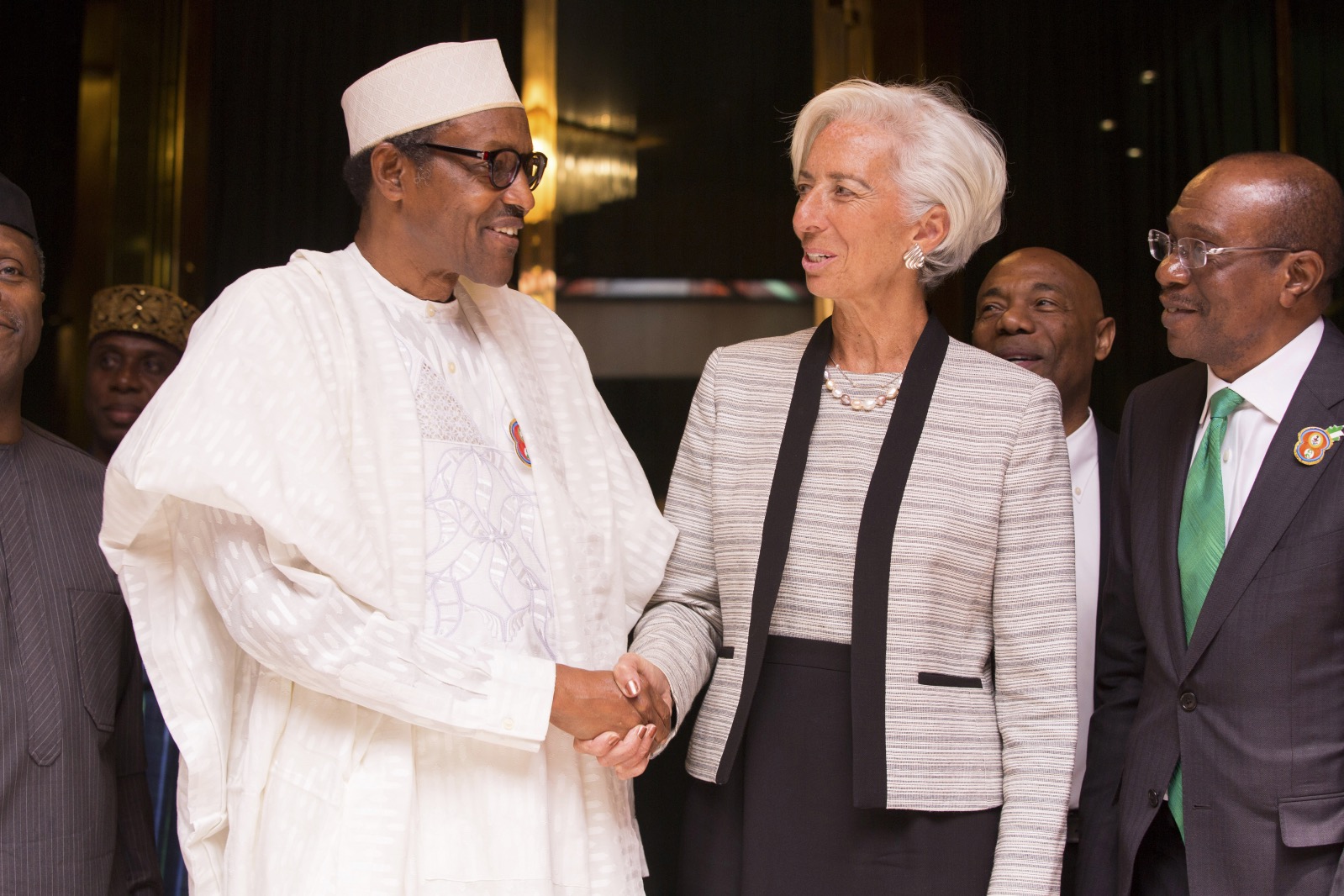Nigerian President Muhammadu Buhari has requested $3.5 billion in emergency loans amid continuing low oil prices, the Financial Times reported Sunday. The oil exporter is the largest economy in Africa, and a worldwide oil glut has caused worsening financial problems throughout the nation.
“I think we all agree that Nigeria is facing significant external and fiscal accounts challenges from the sharp fall in … oil prices, as of course are all oil exporters,” the International Monetary Fund’s representative in Nigeria told the Financial Times Sunday, adding they were not yet considering emergency loans.
RELATED: Forget #DasukiGate, Buhari’s Gov’t Is Hiding A $30 Billion Fraud In Plain Sight (DETAILS)
ALSO READ: Buhari Takes On Role Of Governor To Detriment Of Central Bank – Bloomberg
Oil exports are projected to fall from 70 percent of Nigeria’s revenue to less than a third. Oversupply of oil, caused by exceptionally high production in the Middle East coupled with the shale boon in the U.S. has led to a glut. Reduced demand, particularly from emerging markets, has created an imbalance in supply and demand that has caused oil prices to tumble for nearly two years, hitting 12-year lows in early January.
Elected in March 2015, Buhari submitted his first budget proposal as president in December 2015. The plan included a hefty increase in social spending, aimed at stimulating a sluggish economy. Buhari increased spending by 20 percent for the 2016 budget, making the argument that oil revenues coupled with foreign investment would pay for the spending increase. Nigeria’s deficit is around $11 billion.
“Everyone agrees that the revenue assumptions are a little bit optimistic,” Manji Cheto, vice president of political risk analysts Teneo Intelligence, told Newsweek earlier this month. “Nigeria has not particularly had a great history in non-oil revenue accumulation so obviously that’s a major downside risk.”
The ongoing insurgency of Islamic terror group Boko Haram has also hurt the nation’s economy by wreaking havoc on agricultural enterprises as well as by limiting Nigerians’ access to transportation. The terror group has created political instability in the country, which has in turn hurt Nigeria’s ability to attract foreign investment.







